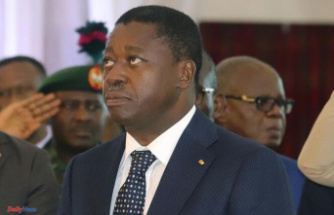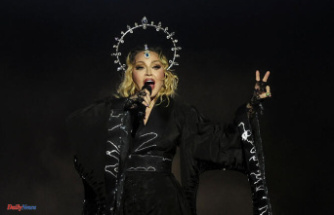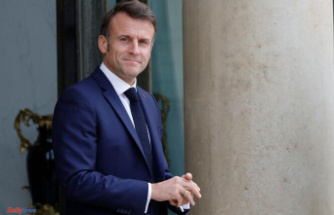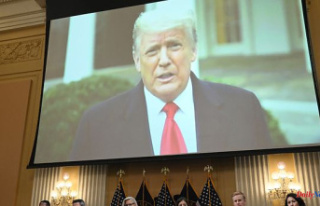The Italians wanted stability. Maintaining the government of national unity until next year, the time to get through a winter that worries them. Mario Draghi reassured them. To support it, we had witnessed an unprecedented mobilization of civil society. The unions, the business world, 2000 mayors of municipalities, and even ordinary citizens had demanded that, in the interest of the country, the former governor of the European Central Bank remain in his post. The President of the Council was credited with a confidence rating of 52.3%, steadily rising as the discussion in Parliament grew poisonous. In the storm, Mario Draghi is also considered at fault by only one in ten Italians. On the other hand Giuseppe Conte, the leader of the 5 Star Movement, comes out exhausted from the maneuver he started before losing control of it to the benefit of the electoral appetites of Matteo Salvini and Silvio Berlusconi.
According to a poll by the Euromedia Research Institute, only three out of ten Italians wanted early elections. Roman politics served a crisis deemed "absurd", "ridiculous", opened by "charlots"... In the newspapers and on social networks, the judgments are lapidary. They invoke the loss of credibility of the parties, the betrayal of the voters, the distress of an Italy without a pilot when inflation, the cost of energy and the pandemic push six million Italians below the poverty line. And in the end, it is perhaps the most shared emotion: sadness. As if Italy, eternally in crisis, had lost control at a crucial moment in its history. "Our country cannot afford to take a break from essential interventions to deal with economic difficulties": the President of the Republic, Sergio Mattarella, did not hide his bitterness by formally announcing the dissolution of Parliament.
We will quickly know what will cost the parties the weariness of the voters. A fortnight ago, the polls promised the coalition of right-wing parties 45% to 48% of the vote. A majority well enough to take the country in hand. The Democratic Party would have won nearly 22% of the vote and the 5 Star movement 10%, a third of its 2018 score. But the crisis was too violent not to destabilize its actors. Among the 5 Stars, within Berlusconi's party and even in the League, it's time for scores to be settled between Draghi loyalists and electoral roulette players.
Political scientist Alessandra Ghisleri predicts new coalitions that could change the game. Will voters show their disappointment, change their minds? "It's an old lesson in politics. We know how election campaigns begin, but we don't know how they end," recalls political analyst Lorenzo Pregliasco. The distance that separates the political class from the citizens in Italy is such that local administrations are now only elected by half of those registered. The others choose abstention. Nationally, the 40% of undecided people make any prediction impossible.












